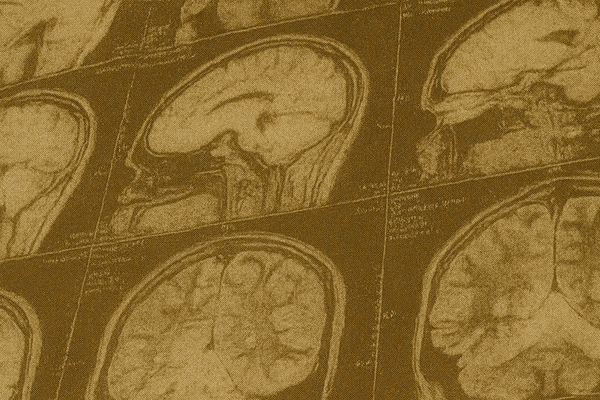Based on coverage from Global News, CTV, and CBC.
In the picturesque province of New Brunswick, a medical mystery has been unfolding that sounds like something out of a medical drama. It involves a cluster of residents experiencing a baffling array of neurological symptoms, from painful muscle spasms and hallucinations to memory loss and behavioural changes. The saga, which began with a small group of patients in the Acadian Peninsula and Moncton areas, has now expanded to include over 500 individuals across seven provinces, with 50 reported deaths.
The New Brunswick government recently announced a delay in releasing a much-anticipated report on this so-called mystery brain disease. Originally expected by the end of summer, the report is now slated for release by December. This delay has sparked frustration among patients and their families, who are desperate for answers.
At the heart of the controversy is a debate over whether these symptoms represent a new, unidentified neurological syndrome or are attributable to known conditions like Alzheimer's, Parkinson's, or even environmental factors such as heavy metals and herbicides. The latter theory has gained traction, with some patients showing elevated levels of substances like glyphosate.
The investigation into this mystery illness has been fraught with tension and accusations. Dr. Alier Marrero, the Moncton neurologist who first raised the alarm, has been vocal about his concerns that critical data, including MRIs and brain scans, were not fully utilized in the investigation. He claims that much of the raw clinical data he provided was ignored, leaving the Public Health Agency of Canada (PHAC) with only aggregate data to review. This has led to calls from patient advocates for Premier Susan Holt to intervene and ensure a thorough, independent review of the raw data.
Adding to the complexity, a recent study published in the Journal of the American Medical Association (JAMA) found no evidence of a mystery disease. The study reassessed a sample of patients and attributed their symptoms to well-known conditions. However, this conclusion has not sat well with everyone. Katherine Lanteigne, an advocate for the patients, has called for the study's retraction, alleging research bias and privacy breaches. She argues that the study undermines the dignity and privacy of patients, a claim that the University Health Network, which conducted the study, denies.
Despite the JAMA study's findings, Premier Holt insists on continuing the province's investigation. She argues that too many questions remain unanswered about why New Brunswickers are falling ill. The province's investigation focuses on potential environmental causes, and the data analysis phase has already been completed and submitted to PHAC for review.
In the meantime, the New Brunswick government has launched an information line to keep residents informed and provide mental health support. Health Minister John Dornan emphasized the importance of supporting affected patients and their families during this uncertain time.
As the investigation continues, the people of New Brunswick are left in limbo, awaiting clarity on whether they are dealing with a new medical phenomenon or a series of unfortunate coincidences. The outcome of this investigation could have significant implications, not just for those directly affected, but for public health policies across Canada. For now, the mystery remains unsolved, leaving many to wonder what the future holds for those grappling with these unexplained symptoms.








